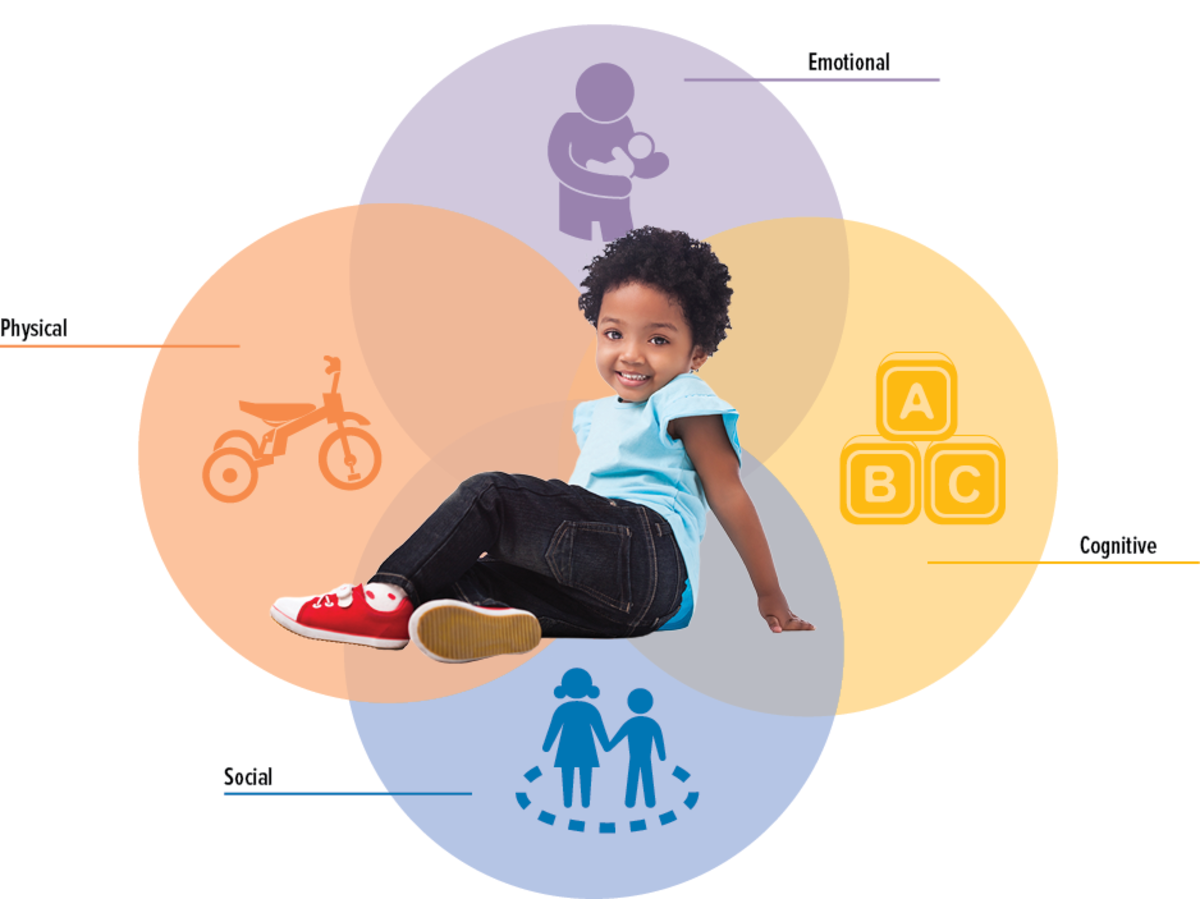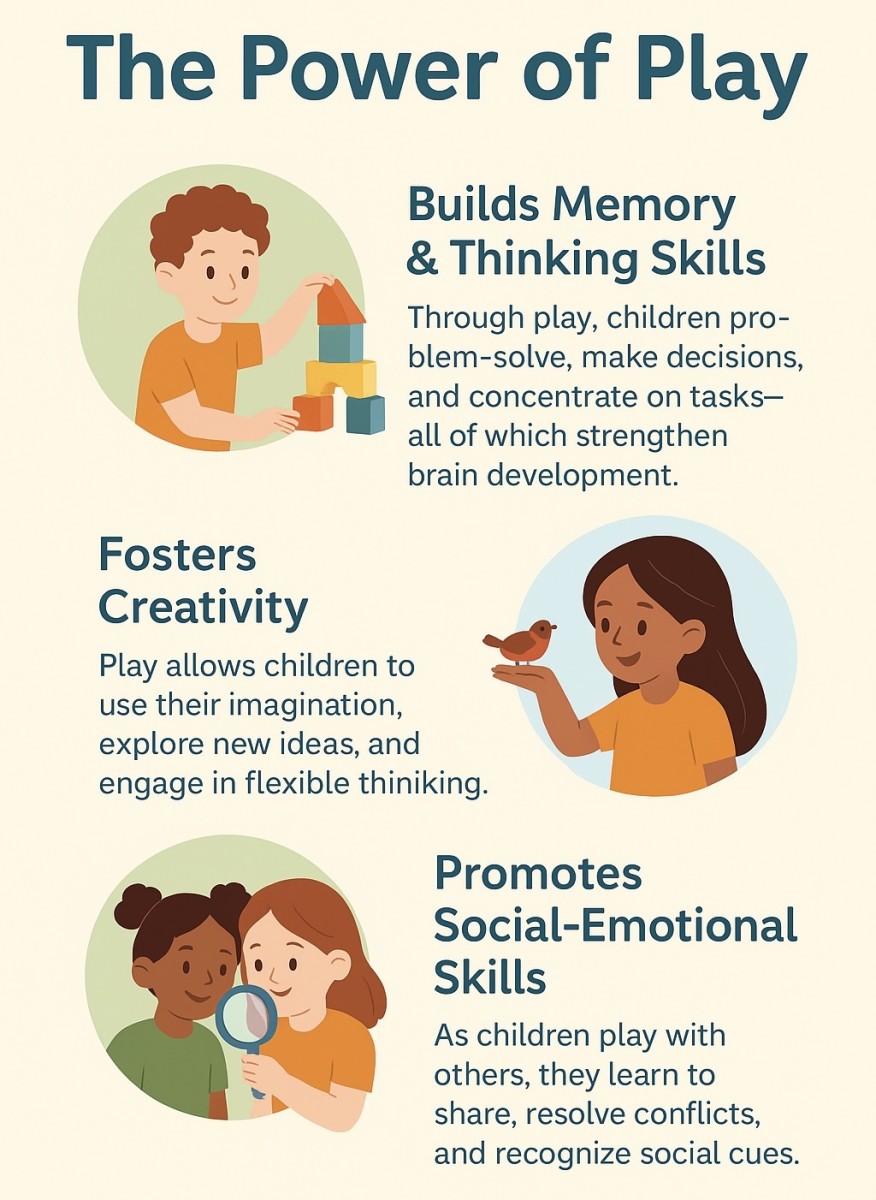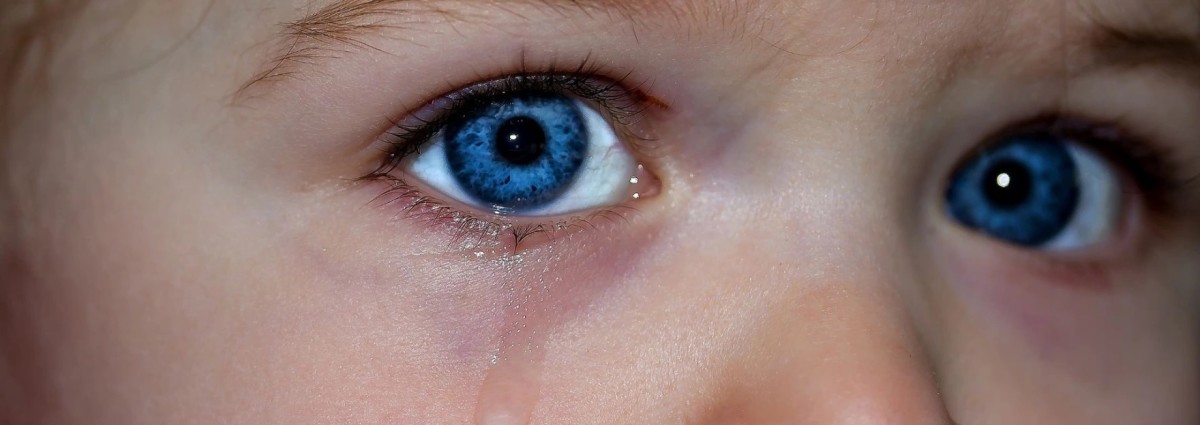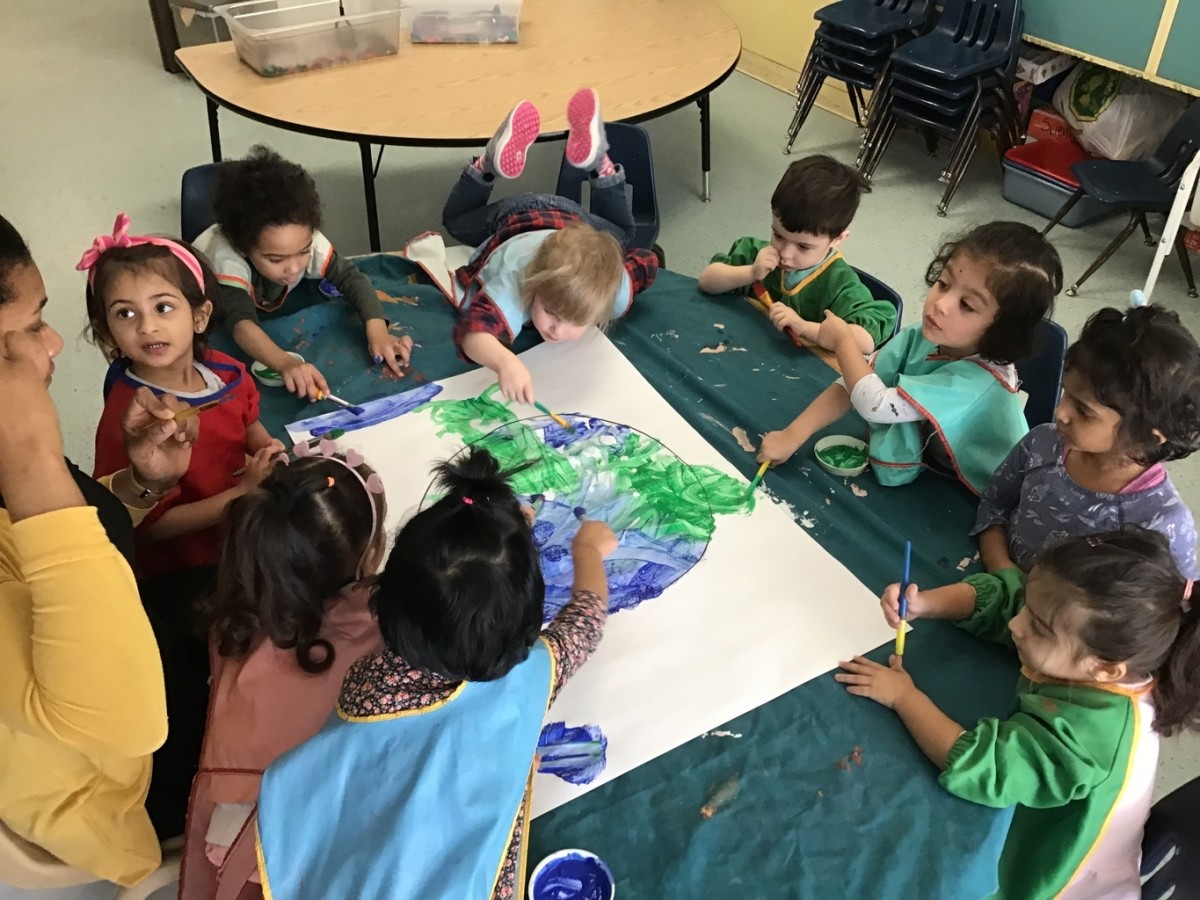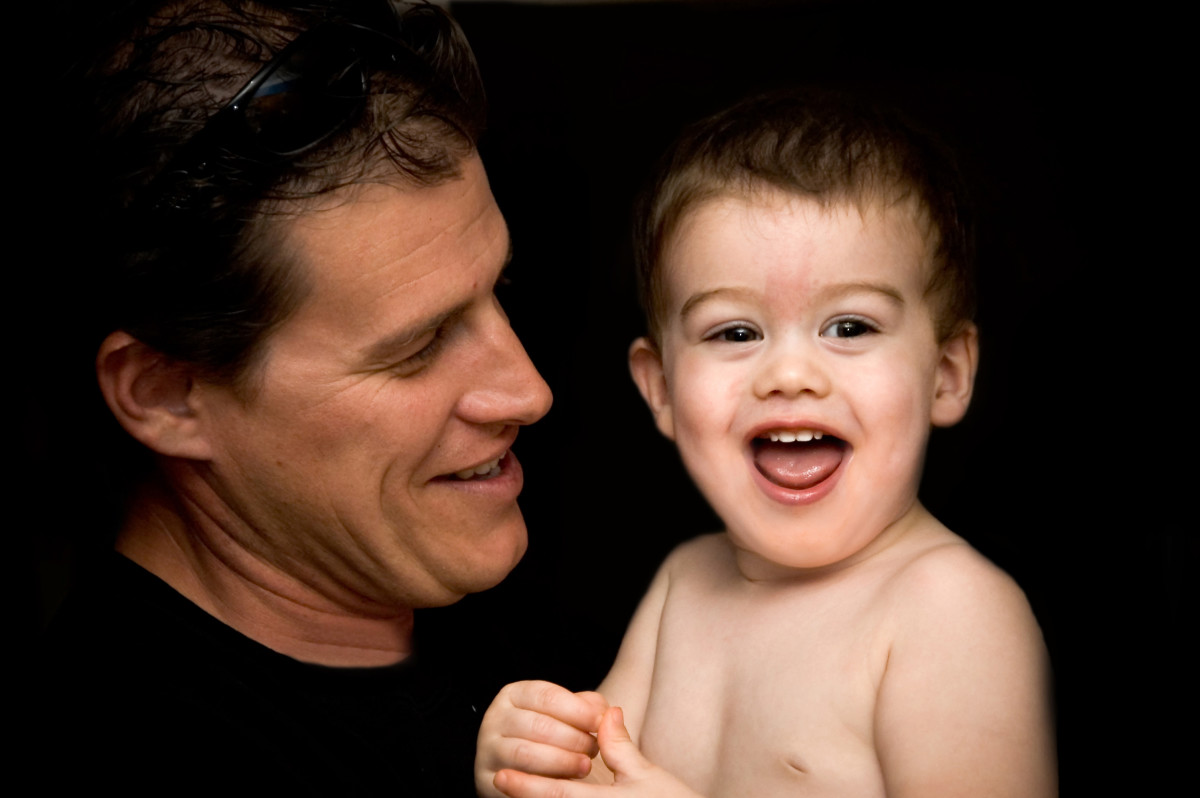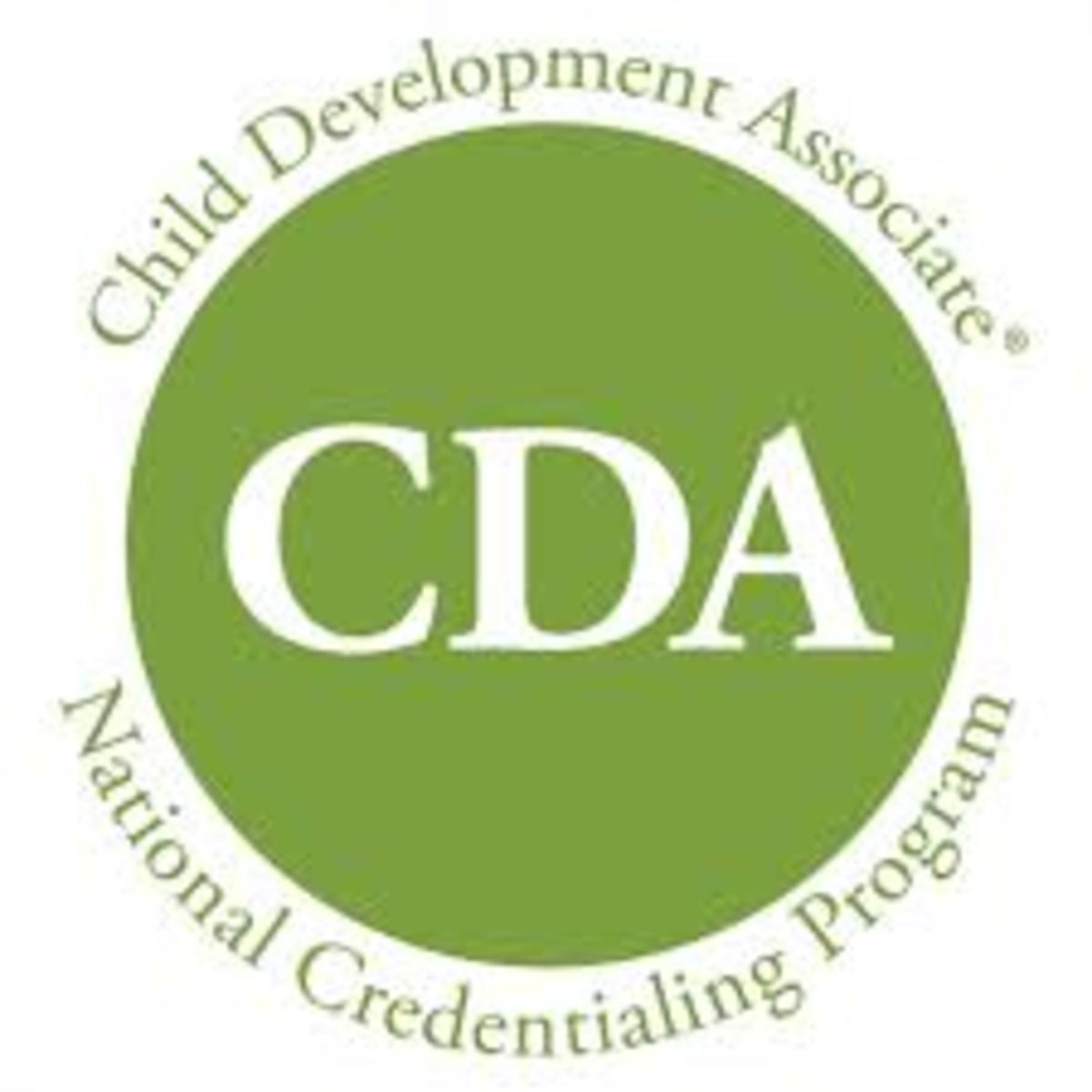- HubPages»
- Family and Parenting»
- Kids»
- Children's Growth & Development
Exploring child development and challenges for working parents
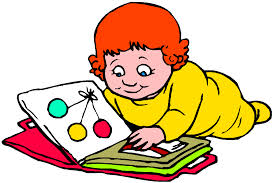
Child Development – A Brief Overview
Child development refers to the systematic, orderly patterned, gradual, consistent, and continuous alterations from the period of infancy until the acquisition of adulthood. This developmental continuity indeed fluctuates with factors like environmental influences, nutrition, chromosomal permutation, social and economic circumstances, and rendered parenting or caregiving methodology. Maturation and learning are two important elements inducing developmental changes in children of varied age groups. The process of physical and psychological maturation facilitates child development in terms of enhancing skills including speech, walking, learning, and acquiring reasoning, perception, and cognition. Learning inculcates a child’s abilities, behavior, habits, thinking, and feelings, and helps to develop vision, insight, and focus for attaining success through wisdom and determination in near future. The psychological development and behavioral patterns among children vary proportionately with the degree of their bonding with parents and caretakers. Child development is undoubtedly a cumulative process and must be thoroughly understood and monitored by caretakers for proactively configuring a child for the stage of adulthood. The initial 12 years of child development include the holistic process of psycho-social and physical growth progressing with the enhancement of motor skills, bodily changes, and abilities of language, thinking, and perception.
Stages in child development
The developmental stages in childhood are influenced by environmental fluctuations and social and cultural factors. The initial two years of a child’s life comprise of the sensory-motor stage contributing to the development of physical and motor skills with significant advancement in thinking ability during progression through infancy. This is the ideal time for children to utilize and develop their cognitive skills and understanding for exploring their world. This stage is also referred to as the primitive speech stage in context to a child’s speech development. Children learn to name objects, imitate words, develop speech and respond in terms of laughs and cries during these crucial years of their initial development.
Two to seven years of a child’s life correspond to the preoperational stage, wherein, the capacity of physical exploration and senses progresses in its nascent stage. The thought process of children in this stage is not supported by logic and they are unable to conserve and process their intellect in exploring objects and images. However, the initial four years of this preoperational stage constitutes the child’s naive psychological status, when he/she tends to acquire the ability for identifying objects in terms of symbols. The curiosity for exploring the world remains at its peak during the beginning years of the preoperational stage. The last three years of this stage are marked by the period of egocentric or private speech, during which children acquire the ability of self-interaction while executing tasks and solving problems. The children usually talk in a loud tone and continue to develop private speech and thinking capacity during the egocentric stage.
The age between seven to twelve years in childhood pertains to the stage of concrete operations. This stage initiates the development of logical thinking, intellectual abilities, and internalization of private speech in the growing child. With the requisite guidance, children are able to work on basic mathematical problems using their inner speech and acquire appropriate solutions during this stage of operational enhancement.
The age of twelve years and above is believed to be the stage of formal operation. This period continues from twelve years until the age of maturity. This stage progresses with the advancement of a child’s intelligence quotient, development of more logical and abstract thought processes, and capacity to deal with life’s complex situations and challenges.
Understanding child psychology and challenges for working parents
In today’s stressful circumstances, understanding child psychology and imagination is a prerequisite for proactively executing focused efforts in his/her upbringing, with the vision of developing a physically, socially, and psychologically stable well-being. In fact, the foremost requirement for working parents is to understand, explore and define multidimensional environmental facets influencing normal physiological, social, moral, spiritual, and psychological development of the growing child. Important factors like family circumstances, stressful situations, play environment, and opportunities to attain cognitive and physical skills proportionately affect the socio-physiological and moral development of the learning children. In fact, the children need to acquire optimum autonomy and independence to develop as efficient decision-makers in today’s competitive world. Indeed, children of the 21st century are more competent and consciously compare their abilities with other peers of the same age group. On the other hand, the exceeding pressure to gain perfection and success in life suppresses their independence and natural capacity of effectively control emotions like anger and fear under stressful situations. It is highly essential for parents to define a threshold and optimum limits for developing autonomy and self-dependence in children in accordance with their age groups. Working parents need to devote quality time with their kids to understand and explore their psychological and emotional requirements for instilling confidence, wisdom, and resiliency assets in their developing children. Efficient care-taking warrants a precise understanding of a child’s temperamental traits and activity level for providing adequate support and a learning environment to the blossoming kids. Children of varied age groups may differ in terms of their activity levels and physical capacity. Exploring such traits by working parents remains a challenge, as they are unable to spend extended hours with their kids from the daily routine. Therefore, such parents require becoming keen observers on their kids for exploring their temperamental traits and rendering remedies in terms of care and counseling to maintain the psychological and moral homeostasis of the little learners.
Some kids are born with innate high stamina and activity level, and capable of enthusiastically tackling physical tasks and challenges. However, such children take a long time in acquiring adaptability, self-control, stability and are difficult to supervise. Conversely, children with low activity levels timely acquire self-control and emotional stability with optimum supervision. Indeed, regular parent-child communication is highly required to explore these inborn instincts in children for developing effective parent-child relationships and generating optimistic thinking and generosity until the onset of adulthood. Some children act as attention seekers; however, some others are equipped with self-interactive abilities. Few of them remain highly attentive during tasks, while few others have high distraction rates. Less attentive children require more time to learn things and face concentration conflicts while accomplishing their tasks. Such children require more supervision from their parents and tend to display interest in creative activities. However, attentive children focus more on their tasks with minimum supervision and tend to acquire intellect and skills with minimum supervision.
From a behavioral perspective, some children intensely reflect on their emotions and are less acquainted with emotional and behavioral skills. Such children require systematized care-taking from their parents to antagonize their incapacity of self-control and enhance temperamental stability and emotional skills while connecting more with their caretakers. On the other hand, children equipped with emotional skills have better control over their emotions and do not require much supervision for their temperamental enhancement.
Children are categorized in terms of their internal habits like studying, playing, sleeping, toileting and eating. Disciplined children are more regular in their tasks and predictable with respect to their schedule. They tend to follow fixed routines, but are less adaptable and face challenges at times of their routine changes. However, some children are less disciplined and do not consistently follow routines in their day-to-day activities. Such children are more flexible during their routine changes, but require increased supervision for the accomplishment of their daily assignments.
Indeed, working parents face challenges in exploring temperamental instincts and innately acquired assets of their children due to their intense engagement at the workplace. Effective parenting demands regular child-parent interaction and investment of quality time with the children. In today’s stressful circumstances, understanding of inborn assets and deficits of children is of foremost importance for retaining behavioral integrity and temperamental stability to assist them in transforming into psychologically stable intellectuals. The mood fluctuations, behavioral and sensitivity patterns, adaptability features, creativity, regularity, and activity levels are some of the important instincts that require continuous exploration and monitoring by the parents to devise strategic parenting approaches for developing psychologically matured, emotionally stable, and dynamic individuals of 21st century.

